The real reason British teenagers are so unhappy
Authors of Taming Childhood? claim helicopter parenting and a lack of risk is stifling children
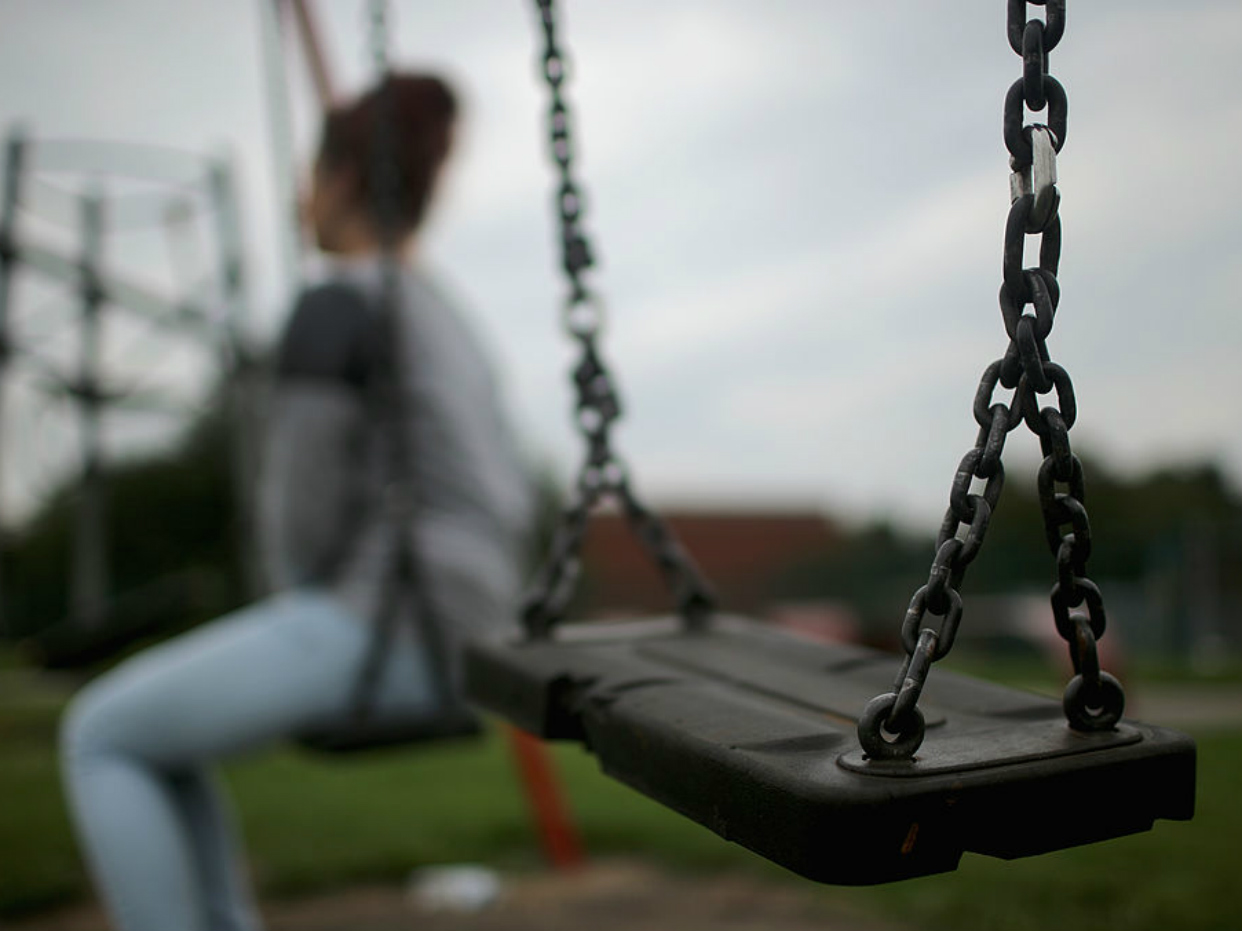
A free daily email with the biggest news stories of the day – and the best features from TheWeek.com
You are now subscribed
Your newsletter sign-up was successful
Children growing up in the UK are said to be some of the unhappiest in the industrialised world.
The UK now has the highest rates of self harm in Europe. And the NSPCC’s ChildLine Annual Review lists it as one of the top reasons why children contact the charity.
Children’s mental health has becomes one of British society’s most pressing issues. A recent report from the Prince’s Trust highlights how increasing numbers of children and young people are unhappy with their lives, sometimes with tragic consequences.
The Week
Escape your echo chamber. Get the facts behind the news, plus analysis from multiple perspectives.

Sign up for The Week's Free Newsletters
From our morning news briefing to a weekly Good News Newsletter, get the best of The Week delivered directly to your inbox.
From our morning news briefing to a weekly Good News Newsletter, get the best of The Week delivered directly to your inbox.
This is a generation of young people that has been labelled as “snowflakes” – unable to handle stress and more prone to taking offence. They are also said to have less psychological resilience than previous generations. And are thought to be too emotionally vulnerable to cope with views that challenge their own.
Social media likely plays a part in all this. Studies show nearly three quarters of 12 to 15-year-olds in the UK have a social media profile and spend an average of 19 hours a week online. After all, this is the Facebook generation – and never before have children grown up with such a daily bombardment of images, products and messages.
But there is also another factor at play – a factor much closer to home. In our new book Taming Childhood? we put forward the argument that children and young people may indeed have less resilience than previous generations, but argue this is because they have fewer opportunities to develop it. The reason for this is that childhood has become tame.
The ‘dangers’ of childhood
A free daily email with the biggest news stories of the day – and the best features from TheWeek.com
Childhood these days, is often seen by parents to be fraught with danger. Not only are there issues with where children can play, who they can talk to and what they should and shouldn’t be doing, but the internet has opened up a whole new set of problems that parents must try and police.
Children’s lives are being stifled. No longer are children able to spend time with friends unsupervised, explore their community or hang around in groups without being viewed with suspicion. Very little unsupervised play and activity occurs for children in public spaces or even in homes – and children’s spare time is often eaten up by homework or organised activity.
This is further impacted by the way children are taught in schools and how pressure to succeed has led to a taming of education. But if children are never challenged, if they don’t ever experience adversity, or face risks then it is not surprising they will lack resilience.
Taking control
This is not the consequence of one particular change or development, nor is it purposeful. In many ways the stifling of children’s experiences is often wrapped up in ideas about what is best for children, or what it means to be a good parent.
This can be seen in approaches to safeguarding which seek to remove all risks from children’s lives. Or in approaches to parenting where adults take over decision making and restrict what children can do. This ultimately means children have fewer opportunities to engage, explore and challenge their world.
Ideas about good parenting, which emphasise knowing where children are and keeping them safe, combined with contemporary ideas that view children as naturally vulnerable also fails to recognise their ability to cope with situations which we, as adults, deem to be complex.
This all comes against a backdrop of increasing concern for children’s wellbeing. But what adults see as important for a child’s wellbeing and what children themselves see as being important may not be the same.
Competitive parenting
Children are very often seen in terms of what they will become, rather than what they are. This has led to a rise in an intensive type of parenting – often referred to as “helicopter parenting”. Studies have reported that wellbeing is reduced in children who experience helicopter parenting.
It may well be that the competitive nature of contemporary society contributes to parents dominating their children’s lives – for reasons that are rational to them. But in doing so they act against the long-term interests of their children.
The idea that children should not encounter risk and should be protected from everyday adversity means that parents restrict where children can go, and what they can do – especially when unsupervised. This leads to a childhood that, for many children, is characterised by supervision, surveillance and a lack of any real challenges.
So rather than this being an issue with young people, this is an issue with society and parenting. What is clear then is that parents need to be supported rather than judged so they can feel confident in giving some level of decision making and freedom to their children. Children also must be also viewed more as valuable to communities – so that a playground of unsupervised children is common place again. Education also needs a rethink, so that children are not under constant pressure but are enabled to be independent and resilient beings once more.
Rob Creasy, Subject Director: Social Science, York St John University, York St John University and Fiona Corby, Senior Lecturer in Education, Teesside University
This article is republished from The Conversation under a Creative Commons license. Read the original article.
-
 Health insurance: Premiums soar as ACA subsidies end
Health insurance: Premiums soar as ACA subsidies endFeature 1.4 million people have dropped coverage
-
 Anthropic: AI triggers the ‘SaaSpocalypse’
Anthropic: AI triggers the ‘SaaSpocalypse’Feature A grim reaper for software services?
-
 NIH director Bhattacharya tapped as acting CDC head
NIH director Bhattacharya tapped as acting CDC headSpeed Read Jay Bhattacharya, a critic of the CDC’s Covid-19 response, will now lead the Centers for Disease Control and Prevention
-
 Send reforms: government's battle over special educational needs
Send reforms: government's battle over special educational needsThe Explainer Current system in 'crisis' but parents fear overhaul will leave many young people behind
-
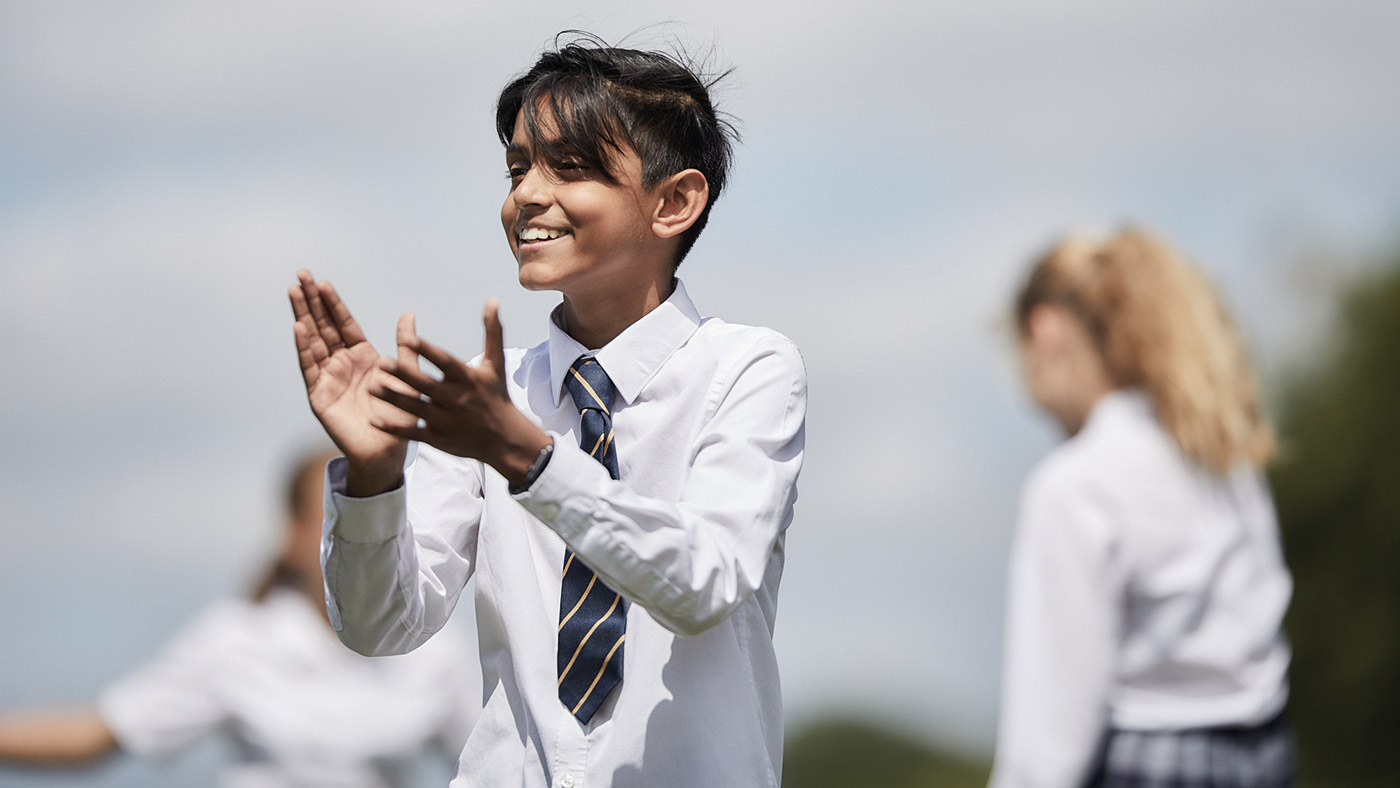 How schools can support children’s mental health
How schools can support children’s mental healthIn Depth The best have helped their students to build resilience during the challenges of the past year
-
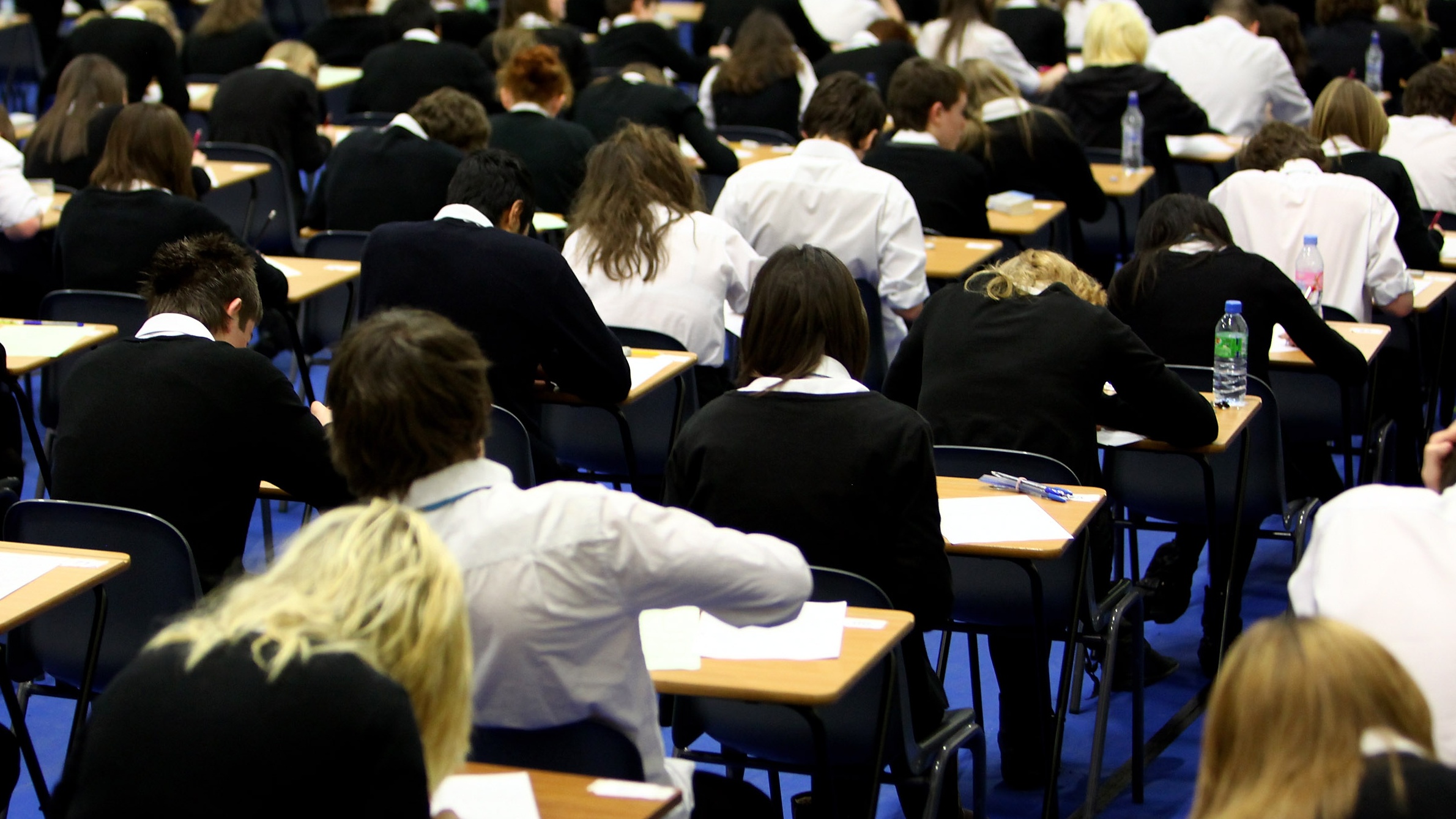 Britain home to the ‘unhappiest teenagers in Europe’ - but why?
Britain home to the ‘unhappiest teenagers in Europe’ - but why?Speed Read Charity says ‘modern life’ and ‘exam pressure’ is driving down life satisfaction
-
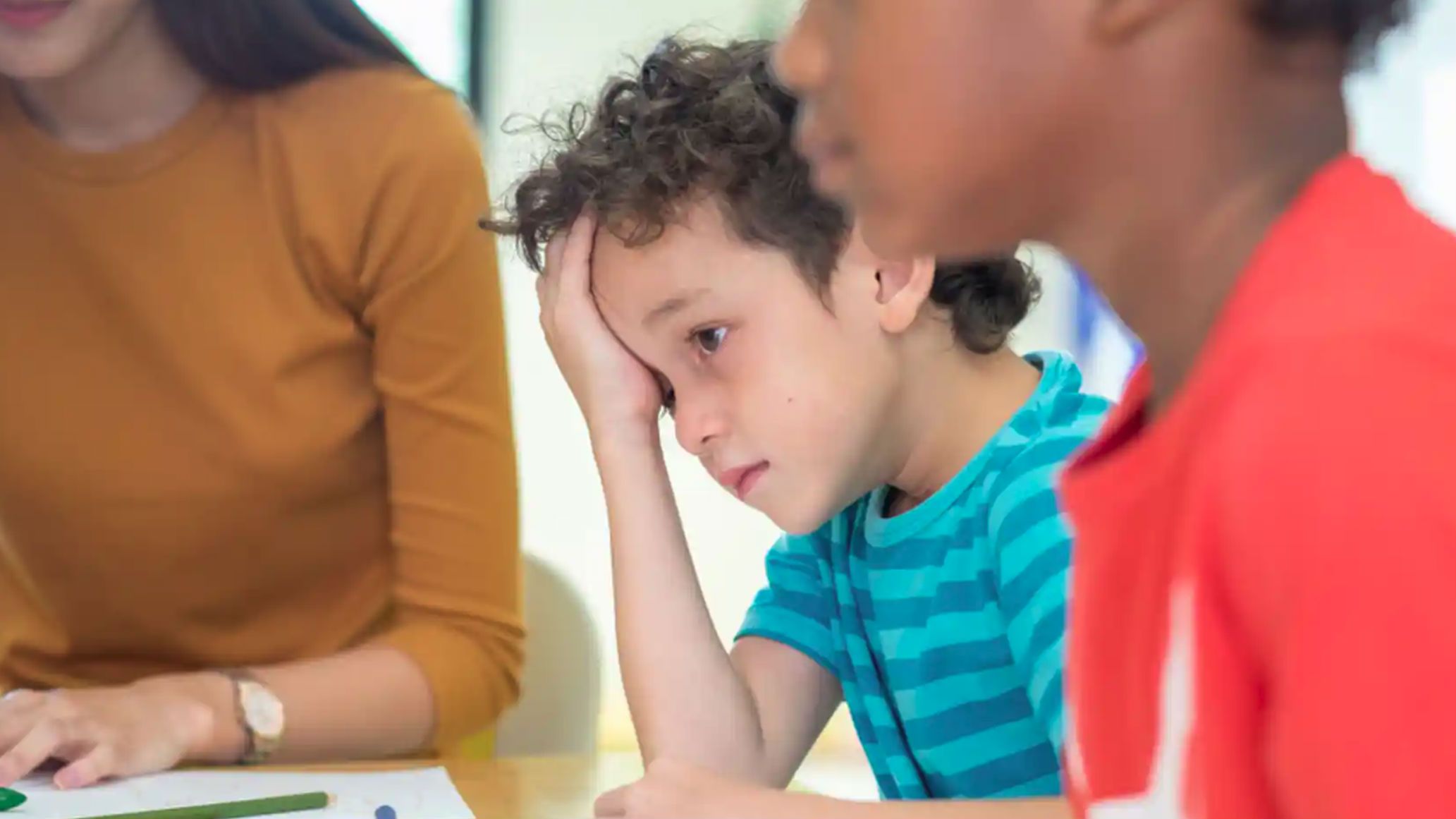 Can you teach ‘mental toughness’?
Can you teach ‘mental toughness’?In Depth Schools have a considerable interest in fostering such positive attributes, argues psychology professor
-
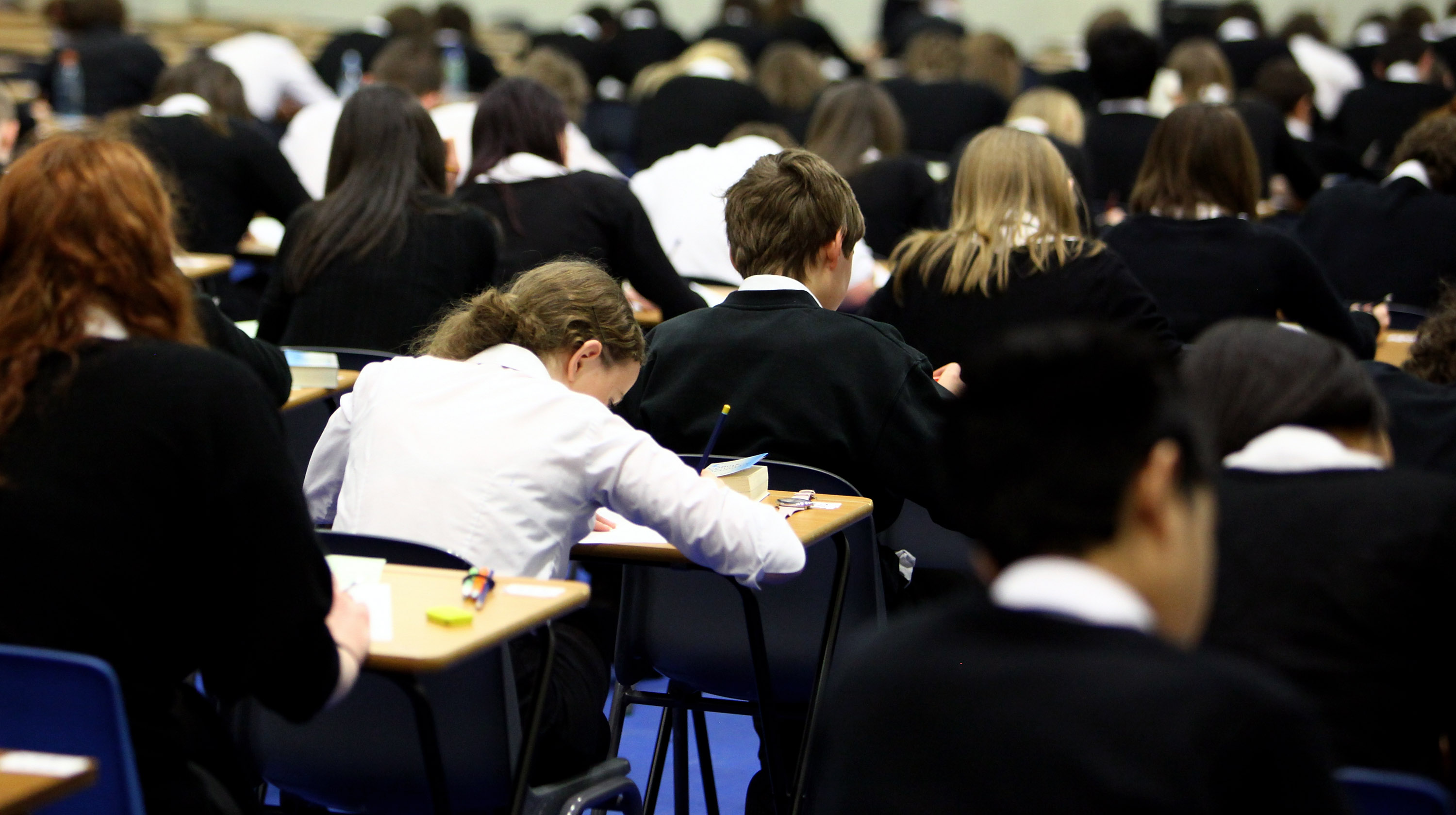 Suicides linked to student exam season
Suicides linked to student exam seasonSpeed Read Research indicates suicides among young adults peak during exam season, leading to calls for student counselling and early intervention